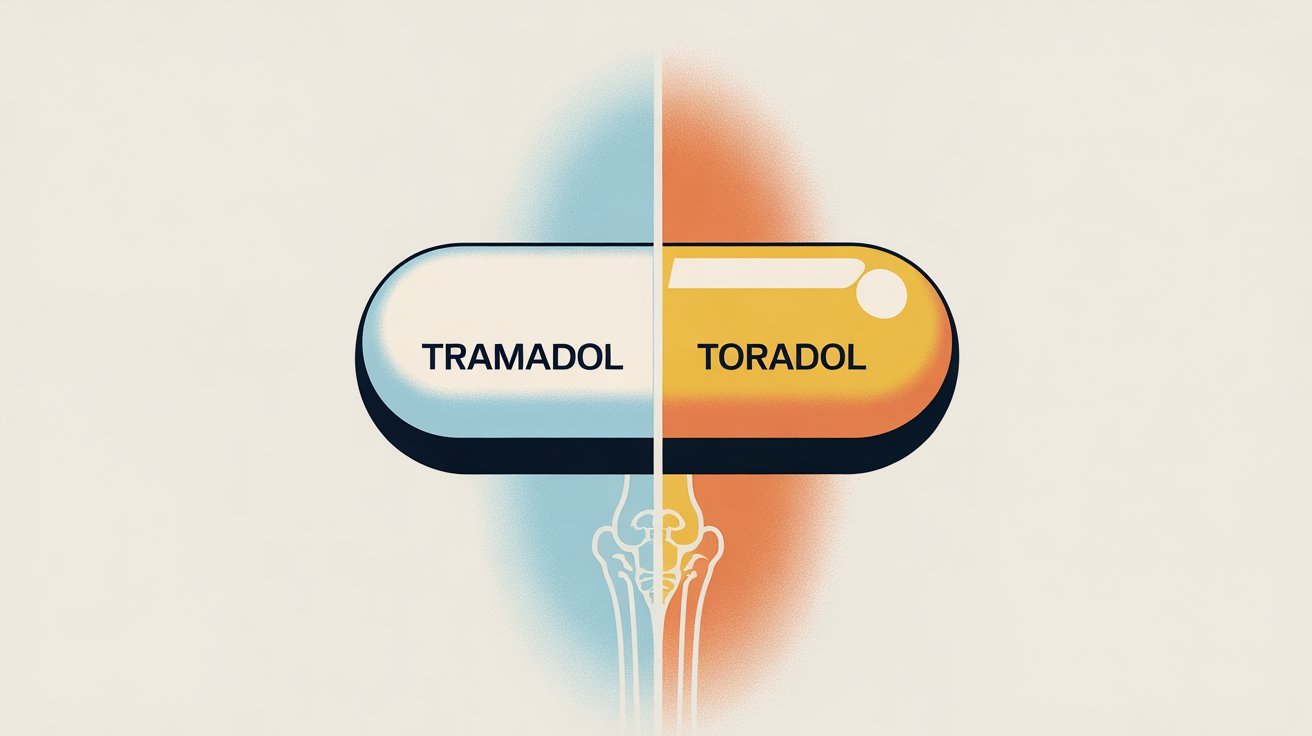Mental health is a crucial aspect of overall well-being, offering individuals the resources and guidance they need to navigate life’s challenges. A strong support system can help reduce feelings of isolation, improve coping skills, and provide encouragement during difficult times. In this article, we explore the different types of mental health treatment support available and why they are essential for long-term recovery.
Why Mental Health Treatment Matters
Mental health treatment conditions such as anxiety, depression, and PTSD can make individuals feel isolated and overwhelmed. Having a solid support network provides:
- Emotional Encouragement: A sense of belonging and reassurance from friends, family, or professionals.
- Practical Assistance: Help with daily tasks or responsibilities when struggling with mental health.
- Accountability: Support systems encourage individuals to stay consistent with treatment and self-care routines.
- Reduced Stress: Talking to others helps process emotions and relieve stress.
Types of Mental Health Treatment Support Networks
There are various forms of mental treatment support available, and each plays a vital role in recovery. Below are some key types of support networks:
1. Professional Mental Health Treatment Support
Seeking professional help is a fundamental step in addressing mental health concerns. Trained professionals offer evidence-based treatments, including:
- Therapists and Counselors: Provide one-on-one therapy sessions to help individuals process emotions and develop coping strategies.
- Psychiatrists: Can diagnose and prescribe medication for mental treatment conditions.
- Support Groups Led by Professionals: Facilitated by therapists to offer guidance and structured discussions.
2. Peer Support Groups
Peer support groups connect individuals with others who have similar experiences. These groups offer:
- Shared Understanding: A space where people relate to each other’s struggles.
- Practical Advice: Members exchange coping techniques and personal insights.
- Community Support: Encouragement from those who have successfully managed their mental support treatment.
Popular peer support groups include:
- National Alliance on Mental Illness (NAMI) Support Groups
- Alcoholics Anonymous (AA) and Narcotics Anonymous (NA)
- Online Support Forums and Virtual Meetings
3. Family and Friends
The support of family and close friends is invaluable for mental treatment recovery. Loved ones can help by:
- Being Present: Simply listening and offering emotional reassurance.
- Encouraging Professional Help: Motivating individuals to seek therapy or medical assistance.
- Helping with Daily Tasks: Providing practical support such as running errands or cooking meals.
4. Workplace Mental Health Treatment Support
Many employers now recognize the importance of mental treatment and offer workplace support, including:
- Employee Assistance Programs (EAPs): Confidential counseling services provided by companies.
- Mental Health Days: Encouraging employees to take time off for self-care.
- Workplace Support Groups: Providing resources for stress management and mental wellness.
5. Online Mental Health Treatment Communities
With digital advancements, many people find support through online platforms. These communities offer:
- 24/7 Accessibility: Immediate help and connection at any time.
- Anonymity: A safe space for those hesitant to share their struggles in person.
- Educational Resources: Articles, webinars, and discussions about mental health treatment.
Popular online support platforms include:
- Reddit’s r/mentalhealth
- 7 Cups (Online Therapy & Support)
- Mental Health America’s Online Communities
How to Build a Strong Mental Health Treatment Support System
Having a support system is essential, but building one takes effort. Here are some steps to strengthen mental treatment support networks:
1. Reach Out and Communicate
Don’t hesitate to talk to family, friends, or professionals about your struggles. Honest conversations help build trust and understanding.
2. Join a Support Group
Finding a local or virtual group related to your mental health treatment condition can be an invaluable resource for shared experiences and guidance.
3. Set Boundaries and Choose Supportive People
Surround yourself with individuals who uplift you and respect your mental treatment journey. Avoid toxic relationships that contribute to stress.
4. Stay Connected
Regularly check in with your support network through calls, messages, or meetups. Staying connected helps maintain strong relationships.
5. Seek Professional Help When Needed
Even with a strong support system, professional guidance is sometimes necessary. Therapists and counselors can provide structured support that friends and family may not be equipped to offer.
Overcoming Barriers to Seeking Mental Health Treatment Support
Many people struggle to seek help due to stigma, fear, or misinformation. Here are ways to overcome these barriers:
- Challenge Stigma: Health treatment issues are common, and seeking help is a sign of strength.
- Educate Yourself: Learn about different types of mental health treatment support and treatment options.
- Take Small Steps: Start by talking to one trusted person or joining an online community.
Conclusion
A strong mental health treatment support network can make a significant difference in an individual’s well-being and recovery journey. Whether through professional therapy, peer support, family, or online communities, having people to lean on fosters resilience and healing. If you or a loved one is struggling, don’t hesitate to seek help—support is available and can transform lives.
















Leave a Reply